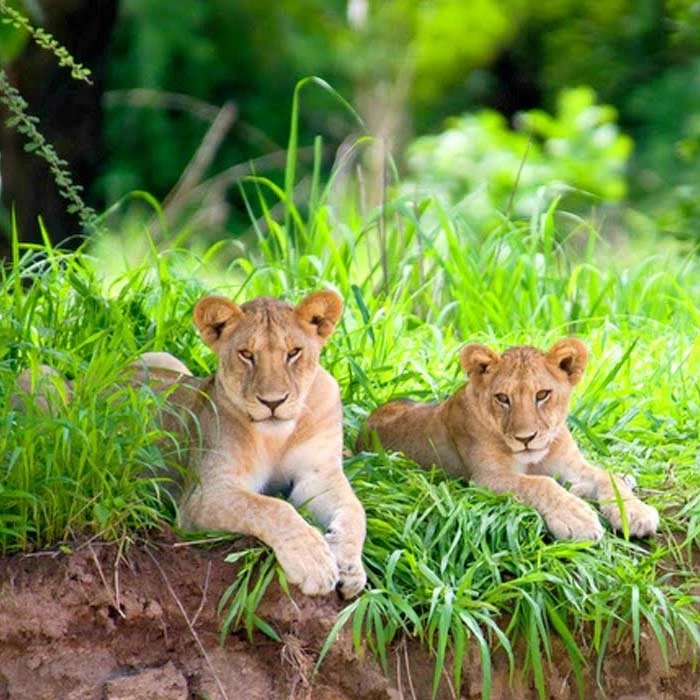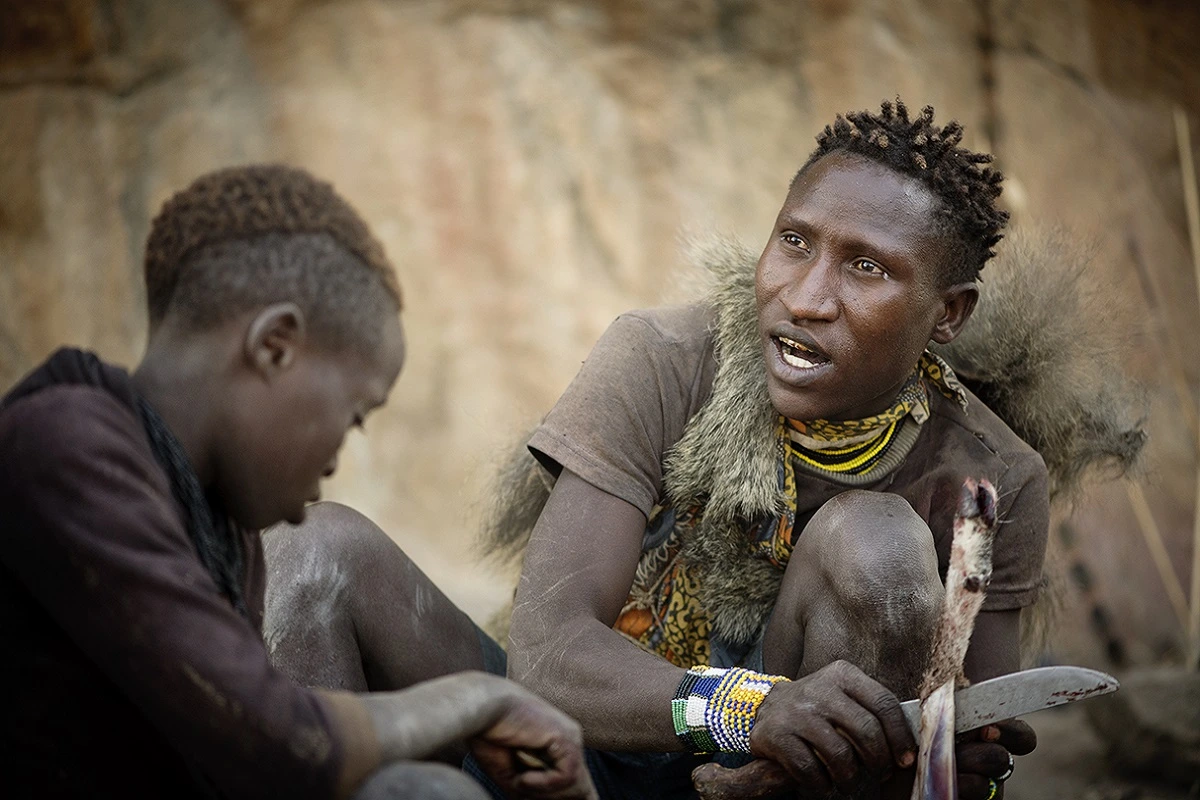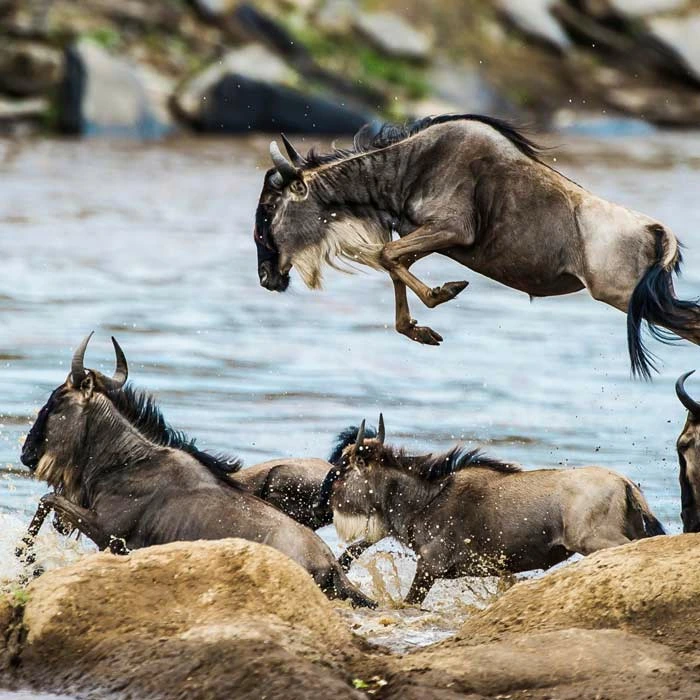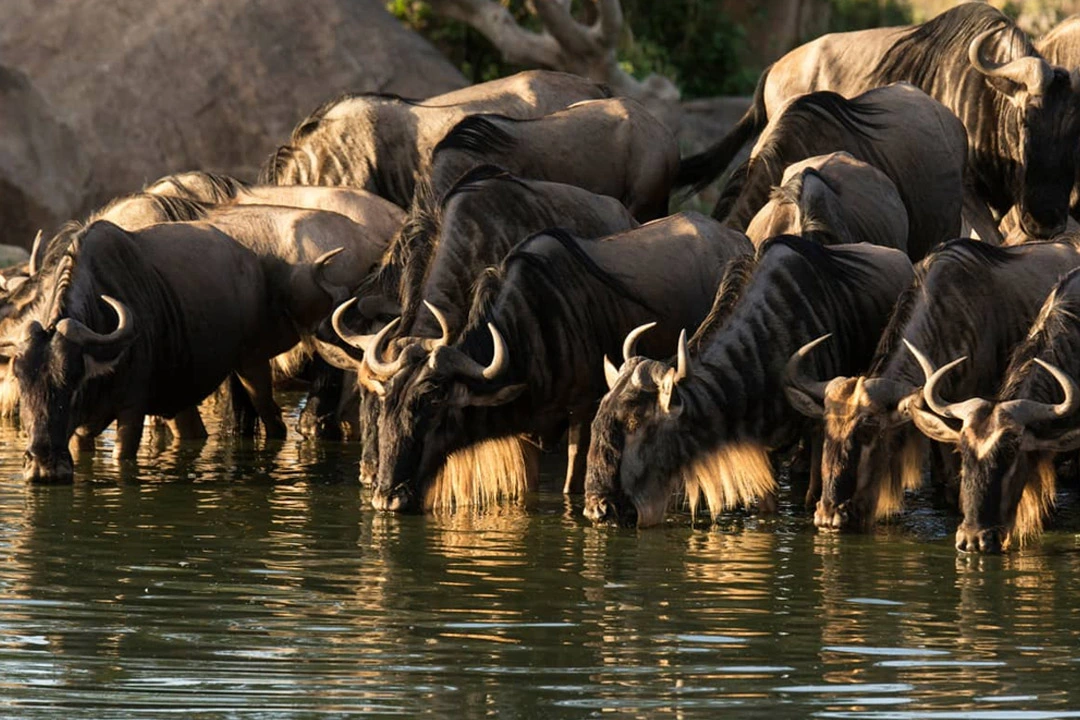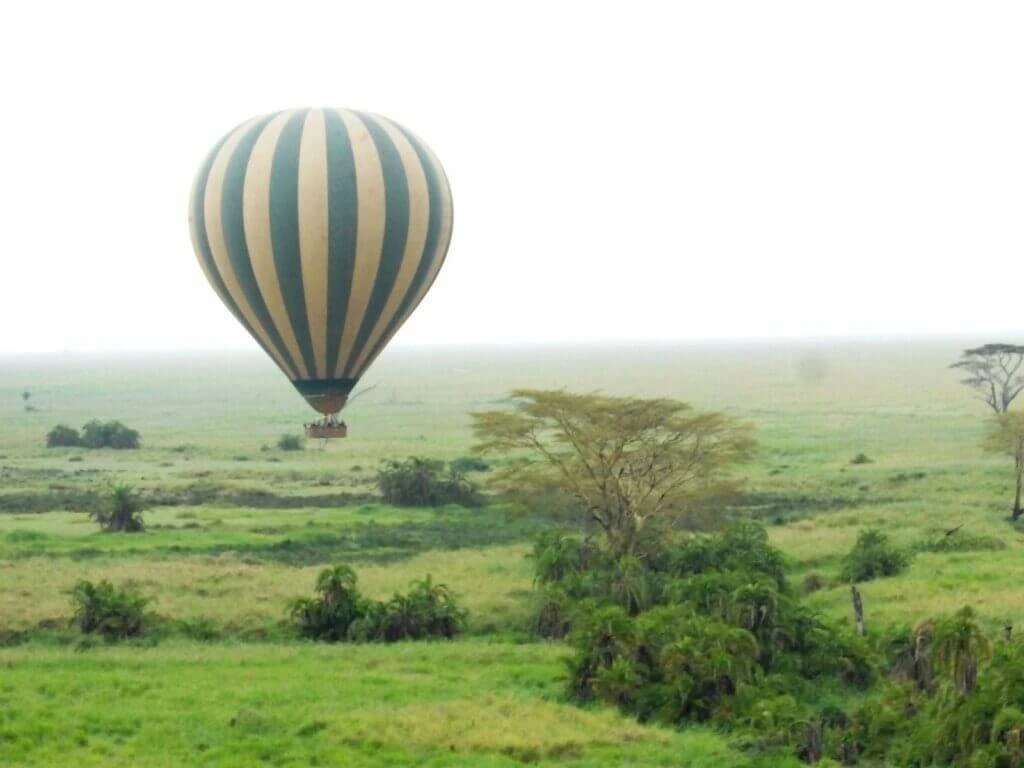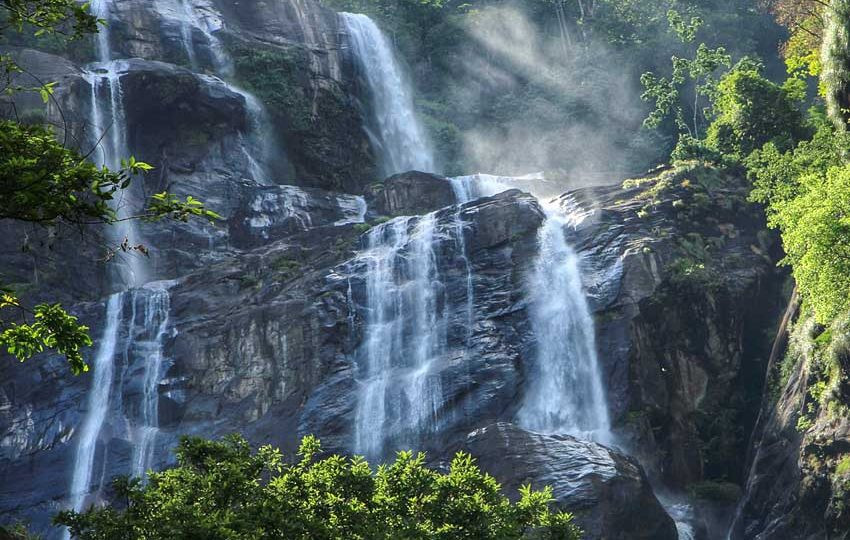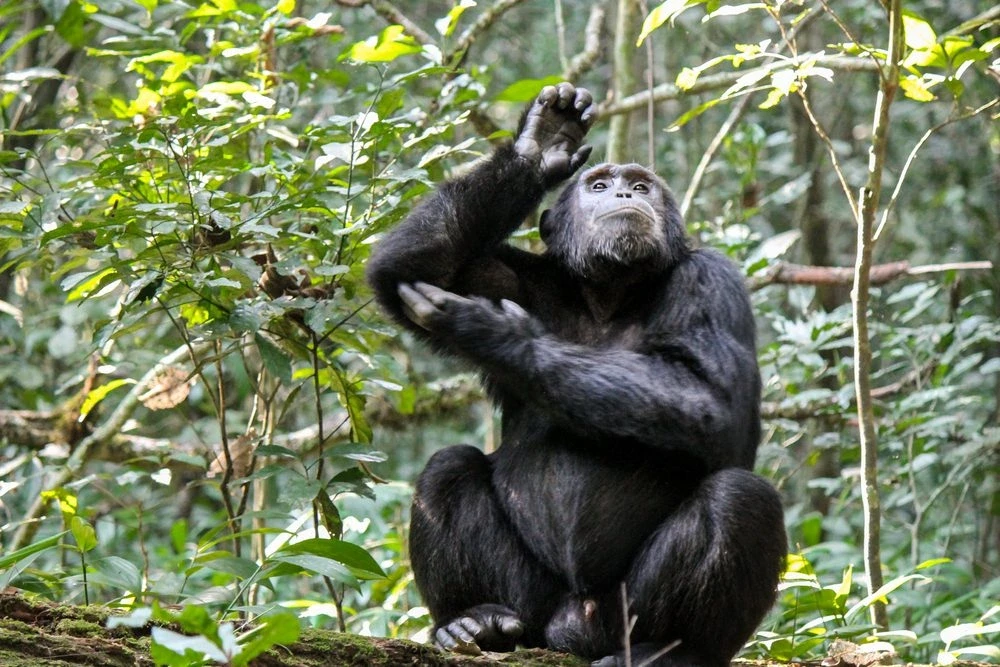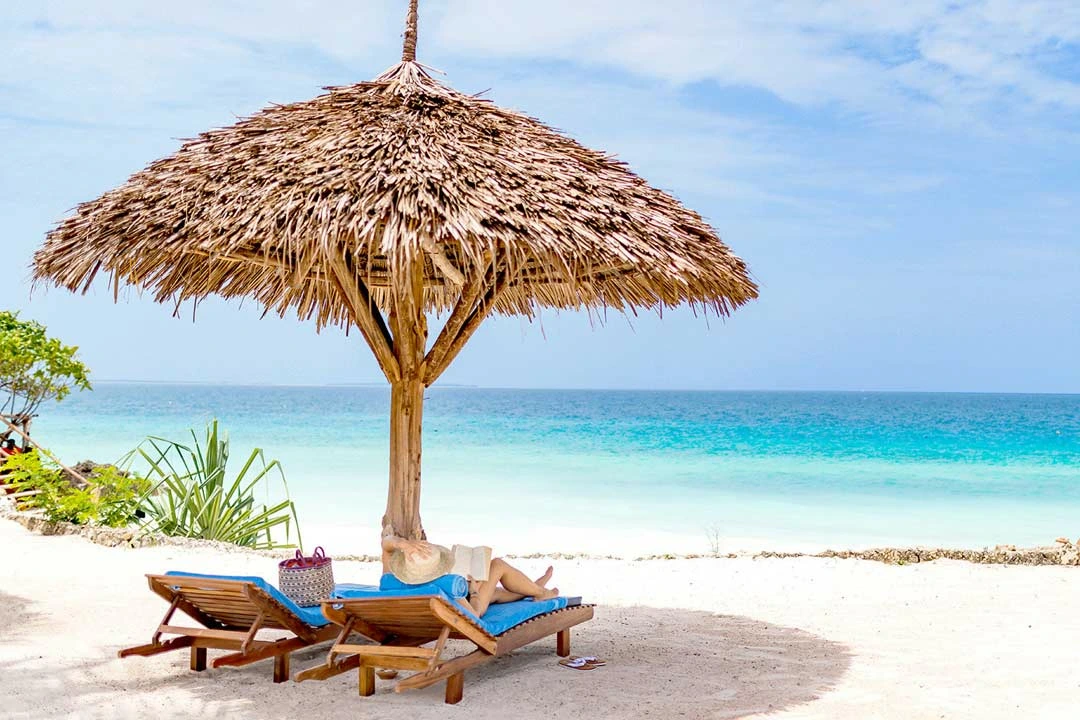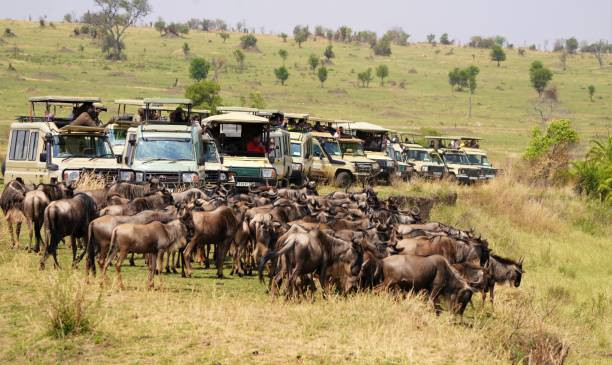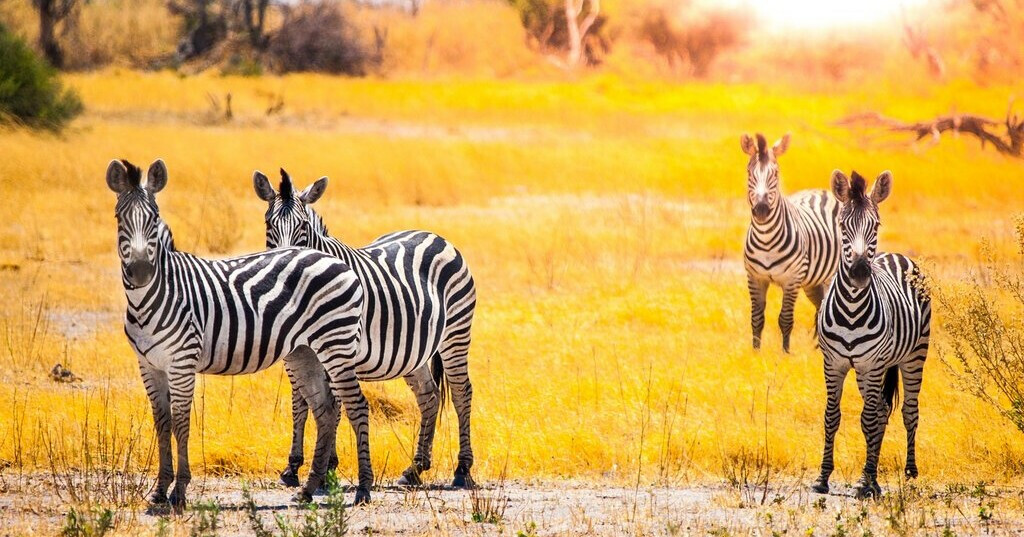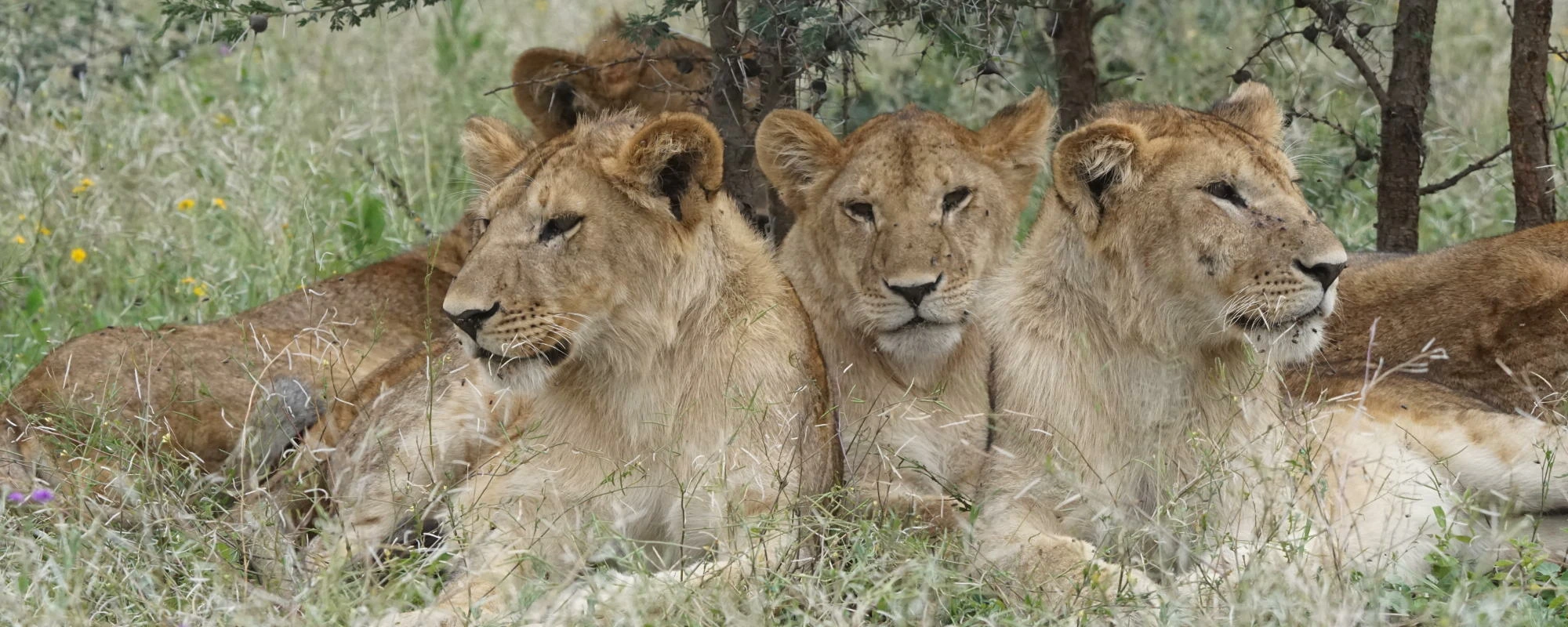Explore The Best of Tanzania: A Travel Guide
The Land of Serengeti, Kilimanjaro, and Zanzibar
Tanzania is a land of awe-inspiring landscapes, incredible wildlife, and rich cultural experiences. From the iconic plains of the Serengeti to the stunning beaches of Zanzibar, this East African gem offers something for every traveler. Whether you're an adventure seeker, a wildlife enthusiast, or a culture lover, Tanzania will captivate your heart and soul.
Getting to Know Tanzania
Geography and Climate
Tanzania is located in East Africa, bordered by Kenya, Uganda, Rwanda, Burundi, the Democratic Republic of Congo, Zambia, Malawi, and Mozambique. It boasts diverse landscapes, including savannas, mountains, lakes, and coastal areas. The climate varies from tropical along the coast to temperate in the highlands. The best time to visit generally depends on your planned activities, but overall, the dry season from June to October is ideal for wildlife viewing.
Language and Culture
Swahili and English are the official languages, making communication relatively easy for English-speaking visitors. Tanzania is a melting pot of cultures, with over 120 ethnic groups. This diversity is reflected in its music, dance, art, and festivals. Tanzanians are known for their warm hospitality, often greeting visitors with "Karibu," which means "welcome" in Swahili.
Visa and Vaccination Requirements
Most visitors to Tanzania will need a visa, which can be obtained online or on arrival. It's also essential to check vaccination requirements before traveling, particularly for yellow fever, especially if you're coming from a country with yellow fever risk. Malaria prophylaxis is also recommended.
Currency and Budgeting
The Tanzanian Shilling (TZS) is the local currency. ATMs are available in major cities, but it's advisable to carry some cash, especially when traveling to remote areas. Budgeting varies depending on your travel style, but Tanzania can cater to both budget and luxury travelers.
Safety and Health
Tanzania is generally safe for tourists, but it's wise to take common precautions. Avoid walking alone at night, be mindful of your belongings, and respect local customs. Ensure you have travel insurance that covers medical expenses, including evacuation. Stay hydrated and be cautious with street food to avoid stomach issues.



